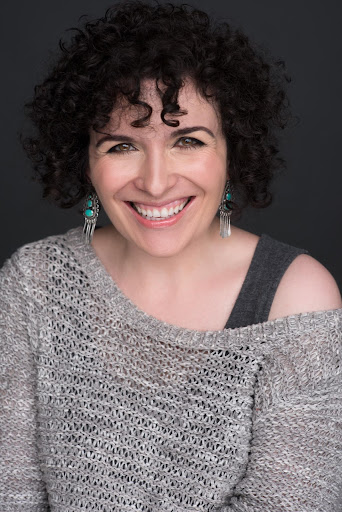It comes from Hebrew and can mean
as easily the feathered voice of God
as the blue figure who slides a letter
through the narrow mouth of our mailbox.
Lot, for instance, was told to leave the city
by two angels filled with fire.
They dragged him past the door,
past the walls that seemed to shrug
like shoulders indifferent to fear.
Don’t look back, said the angels.
Don’t look back at everything you love
now turned to char and ash.
At the outdoor shopping mall, a man
aims death at the passing crowds,
the shots like metal locusts. Farther south,
people are struck by the fury of a car,
bodies parted as if they are water divided
by a callous, distant hand. The skies want us
to know: no one is coming to save you.
In my purse, I carry a piece of hose
to slide across the hinge at the top of a door.
Better to shut a shooter out, although
we’re told to run first, then hide,
and if nothing else, to fight with books,
pencils thrown across the class.
A messenger might say, leave this place.
Don’t look back. If an angel were to push me
out of my house, out to the lawn
where my feet would mark green shadows
in the grass, maybe I would keep walking.
But I’m the wife who can’t help looking
one more time at the spray of flowers
like clustered eyes, how they lie
on the ground behind me. Dear messenger,
for such glimpses—even of the burning city—
I could learn to love the stillness of salt.
Share on Social Media:

Jehanne Dubrow is the author of nine poetry collections and three books of nonfiction, including most recently Exhibitions: Essays on Art & Atrocity (University of New Mexico Press, 2023). She is a professor of creative writing at the University of North Texas.
Photo credit: Cedric Terrell
